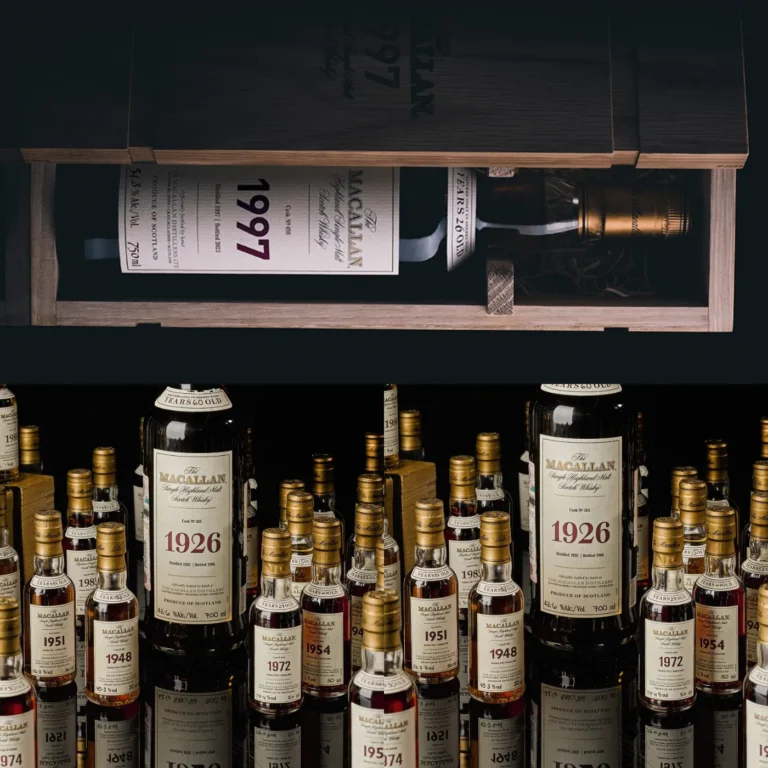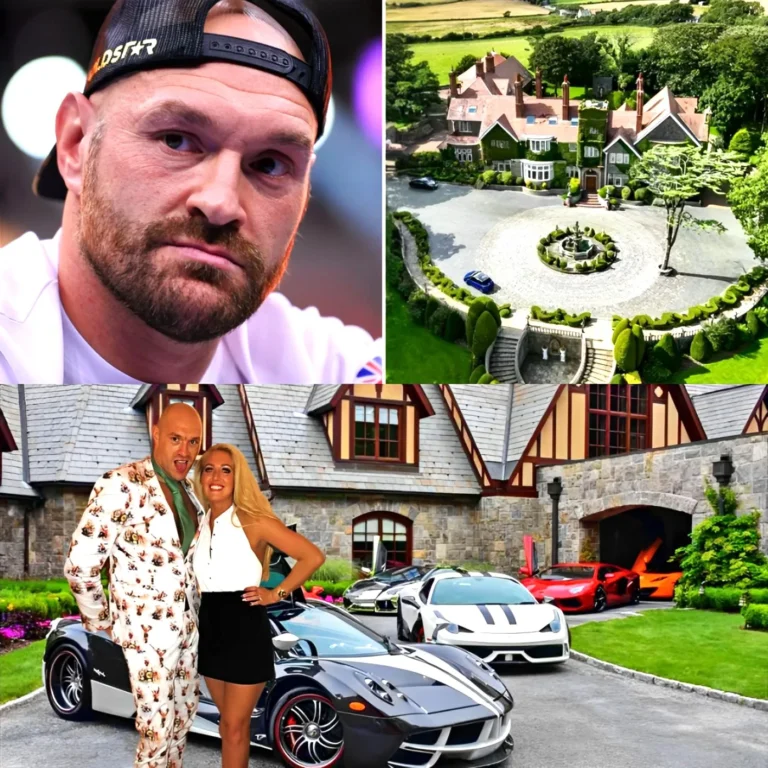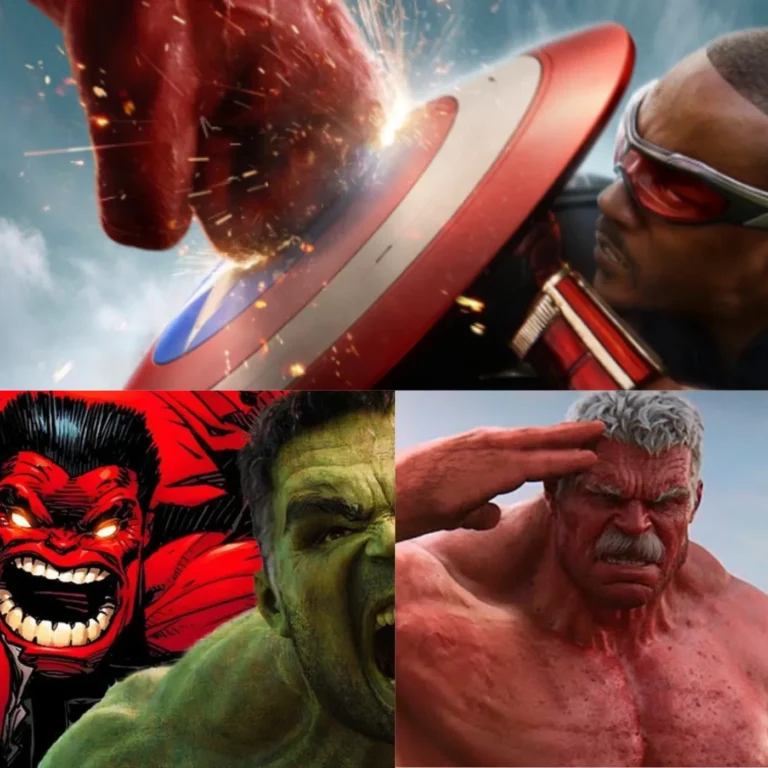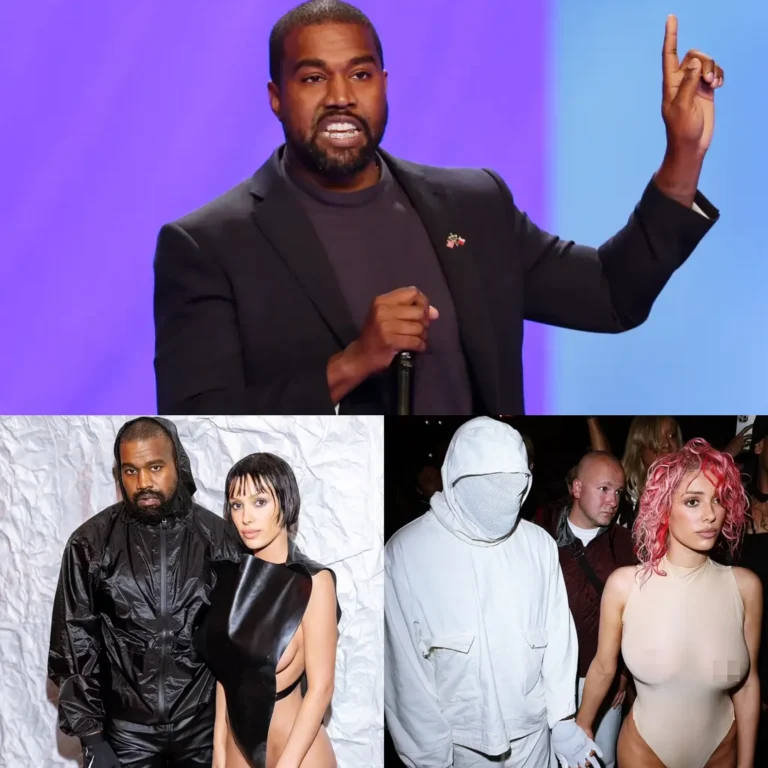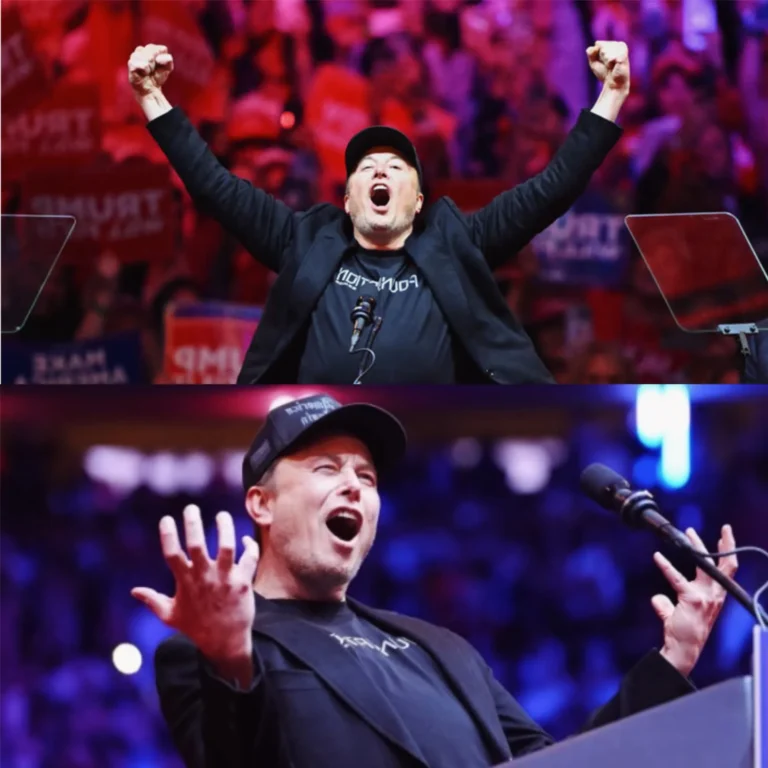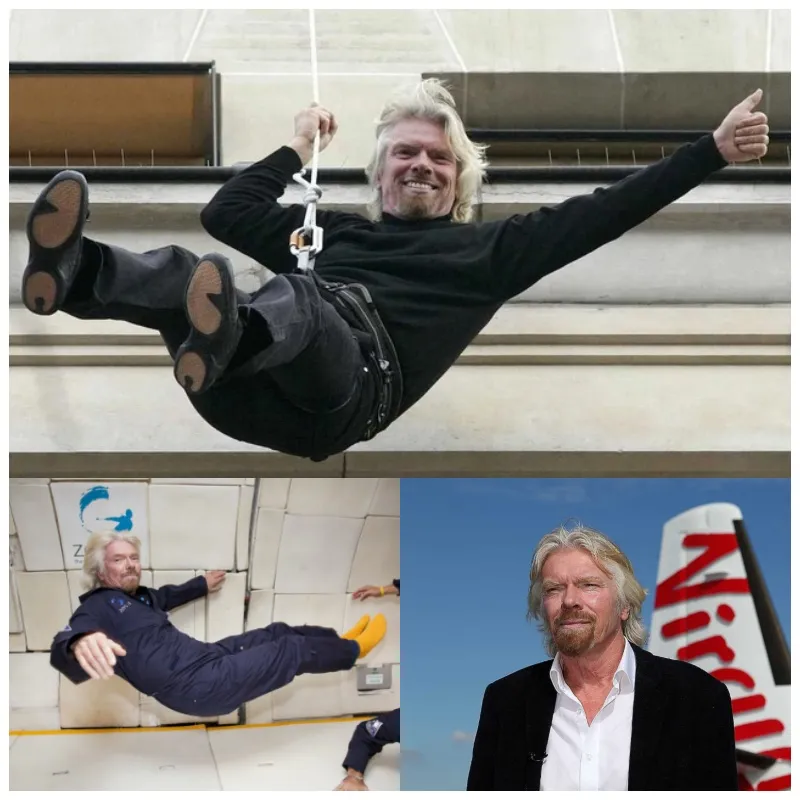
Richard Branson, the British billionaire and founder of Virgin Group, has achieved remarkable success throughout his career. However, one notable failure taught him a valuable lesson about the advantages of being an underdog in business.
In a June interview on the Work Life podcast with psychologist Adam Grant, Branson reflected on what he calls “the most memorable mistake of his career.” He emphasized that “always seeing yourself as an underdog can bring significant benefits.” According to Branson, “People quite like underdogs. You don’t always want to be a know-it-all or always successful.”
This lesson stems from one of his company’s greatest business failures—Virgin Cola. Branson described it as “an experiment that backfired terribly.” In 1994, Virgin Group launched its own soft drink, Virgin Cola, aiming to compete with global giants like Coca-Cola and Pepsi.

Virgin Cola saw initial success in the UK, which gave the company the confidence to expand into the U.S. market. In a bold marketing stunt, Branson famously drove a tank through a wall of Coca-Cola and Pepsi cans in New York City’s Times Square in 1998, signaling Virgin’s intent to take on the two leading brands.
However, Virgin Cola soon started vanishing from store shelves. Branson later admitted that Coca-Cola made an offer to retailers that they “couldn’t refuse,” making it impossible for Virgin Cola to thrive. Despite their efforts, Virgin Cola failed to secure significant market share, and the brand eventually withdrew from most markets.

Branson remarked that while the failure of Virgin Cola didn’t hurt Virgin Group, it helped reinforce the company’s image as an underdog challenging industry giants. He told Grant that “It was actually a fun ride. It didn’t hurt Virgin Group at all,” adding that the experience helped them “gain more sympathy” as a company going up against established titans.
At the time, Virgin Group was already a diverse corporation involved in sectors ranging from music and publishing to airlines. Although their level of success varied across these fields, Virgin’s overall brand strength continued to grow, and Branson himself became a billionaire.
Branson’s entrepreneurial journey began early when he dropped out of school at 16 to start his own magazine. A few years later, he founded Virgin Records, which became the foundation for his empire. By age 23, Branson had earned his first $1 million. Today, he has a net worth of $2.6 billion, according to Forbes.
Throughout his career, Branson has maintained a mindset of always being the underdog. In a 2017 interview with CNBC, he said, “We never think of Virgin as a big company, we think of it as an underdog. We like that approach quite a bit.”

Research supports Branson’s perspective. A 2020 study from the Wharton School of the University of Pennsylvania found that employees who perceive themselves as underdogs often exceed expectations and are more valued at work.
This underdog mentality also shapes Branson’s business decisions. Rather than focusing solely on profit or market share, he asks two key questions: “If I create this, is it better than what everyone else is doing?” and “Can it make a real difference in the world?” These questions guide his approach, helping him navigate the challenges of entrepreneurship while maintaining Virgin’s innovative spirit.

